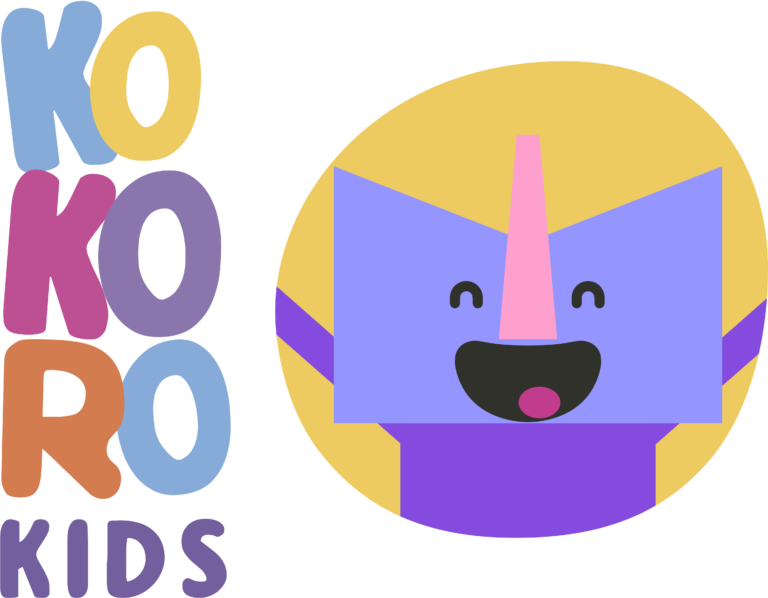What is the kokoro method?
The Kokoro Method is designed to set your children cognitive potential free in the most crucial time of their development.
Created by experts in early education, it helps your kids to reinforce the necessary tools for their future, with fun and motivational learning methods, in a safe environment, with quality content, no adverts nor distractions, and adapting itself to your child’s age all along the way.
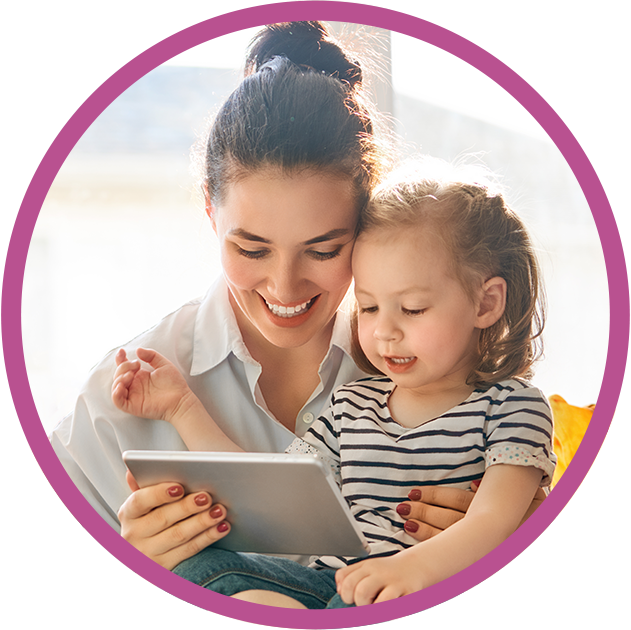
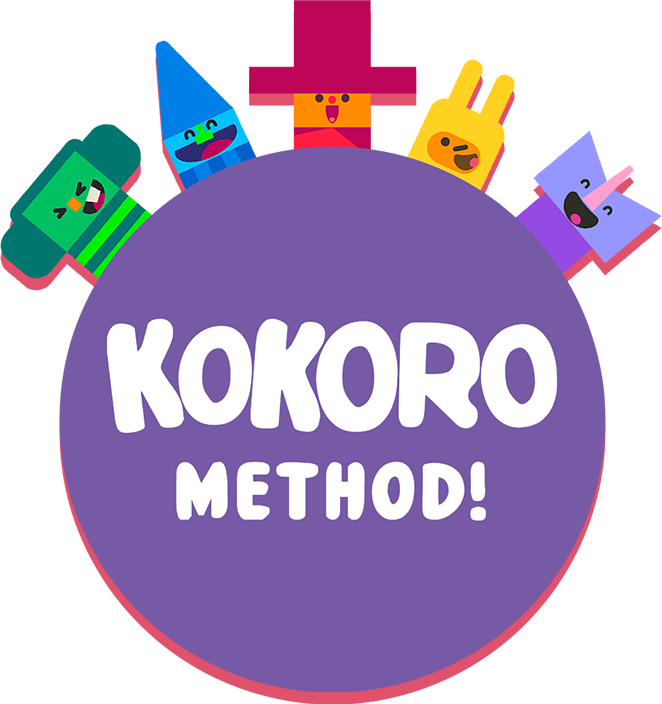
the kokoro method:
Improves strategical thinking and the symbolisation of concepts.
Makes easier the generalisation of already acquired knowledge to other aspects of the child’s life.
Improves the academic performance.
Improves the self-esteem and social relationships.
Helps to acquire better oral and writtren expression and comprehension.
what are the fundamentals of this method?
Adaptive learning.
Motivational learning.
Scientific value.
Based on educational psychology innovation theories such as:
Emotional education.
Multiple intelligences.
Cognitive stimulation and the principles of Neurodidactics.

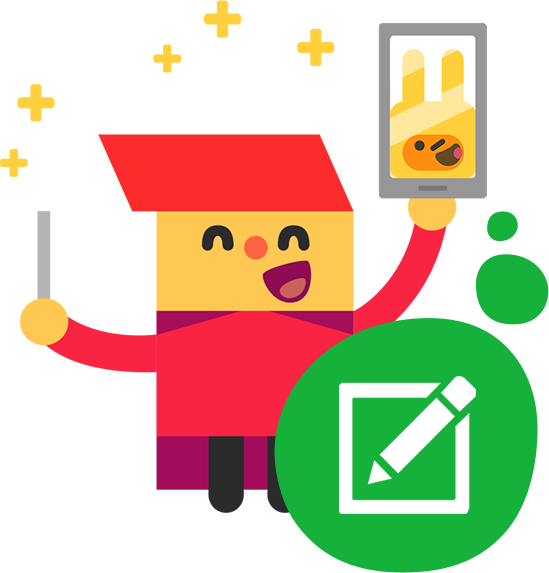
adaptive learning
The Kokoro Method incorporates artificial intelligence to assign appropriate content in the right moment, strengthening the areas that are less developed and increasing the difficulty of those in which the child stands out, creating this way a personalized learning schedule.
Its main goal is to keep the child motivated, offering activities that will always be an achievable challenge.
Making the most of the moment of greatest brain malleability
We know that the brain grows by the use and we need to provide a stimulating environment which is as complete as possible, and adapted to each phase of the development, this way we can achieve its maximum potential. The key is an environment full of incentives, having the opportunity to experiment as much as possible with fun and affection.
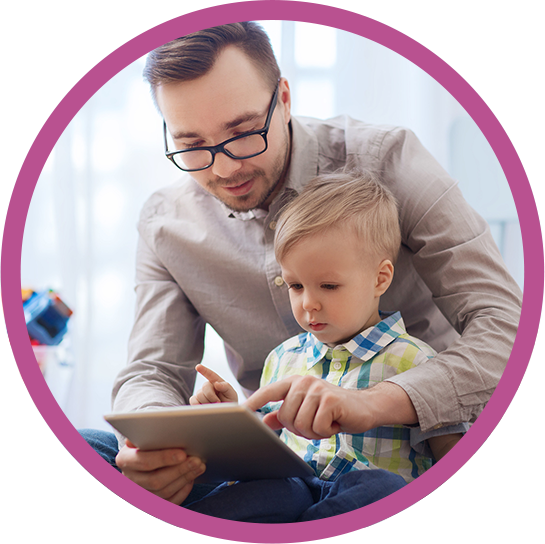
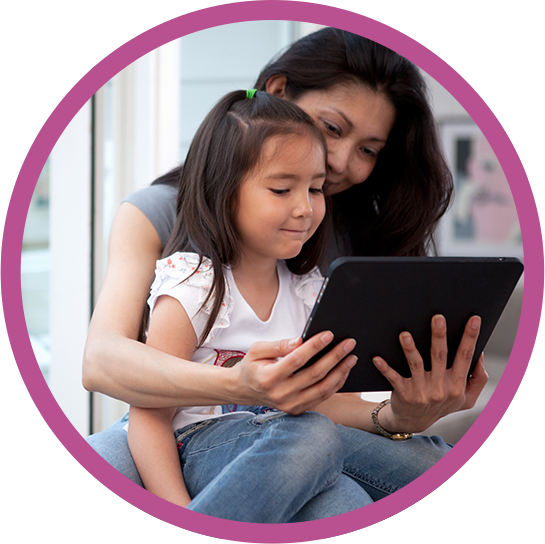
why is it good for my children?
We use concepts and tasks which complete school activities but also include stimuli for early cognitive skills such as attention, memory and reasoning, and we make an approach to primary emotions like frustration, anger, empathy and generosity.
how does it work?
Children train 6 main areas of knowledge: emotional intelligence, cognitive abilities, logic-mathematics, communication and languages, art and creativity, science and ecology. Within the cognitive abilities, the training of attention, memory, reasoning, perception, visuospatial organisation, flexibility, body awareness and serialisation or planning are affected.
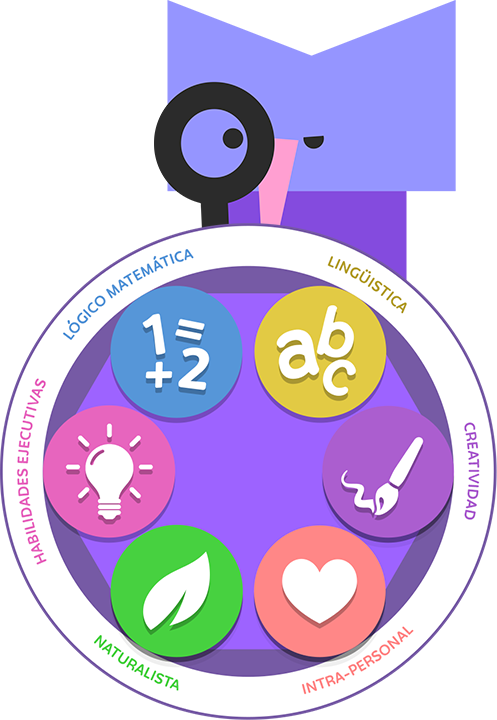
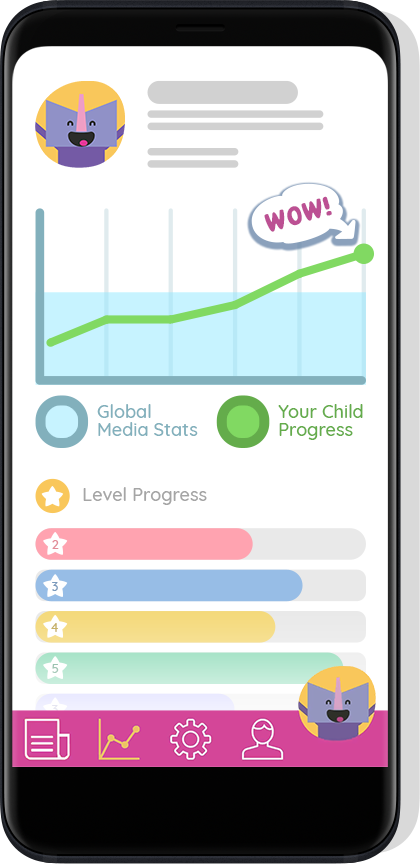
knowing the progress of our child
In the parents zone you can see the improvements your child is making thanks to the progress reports. Discover your child’s achievements and quickly detect the areas that need support.

